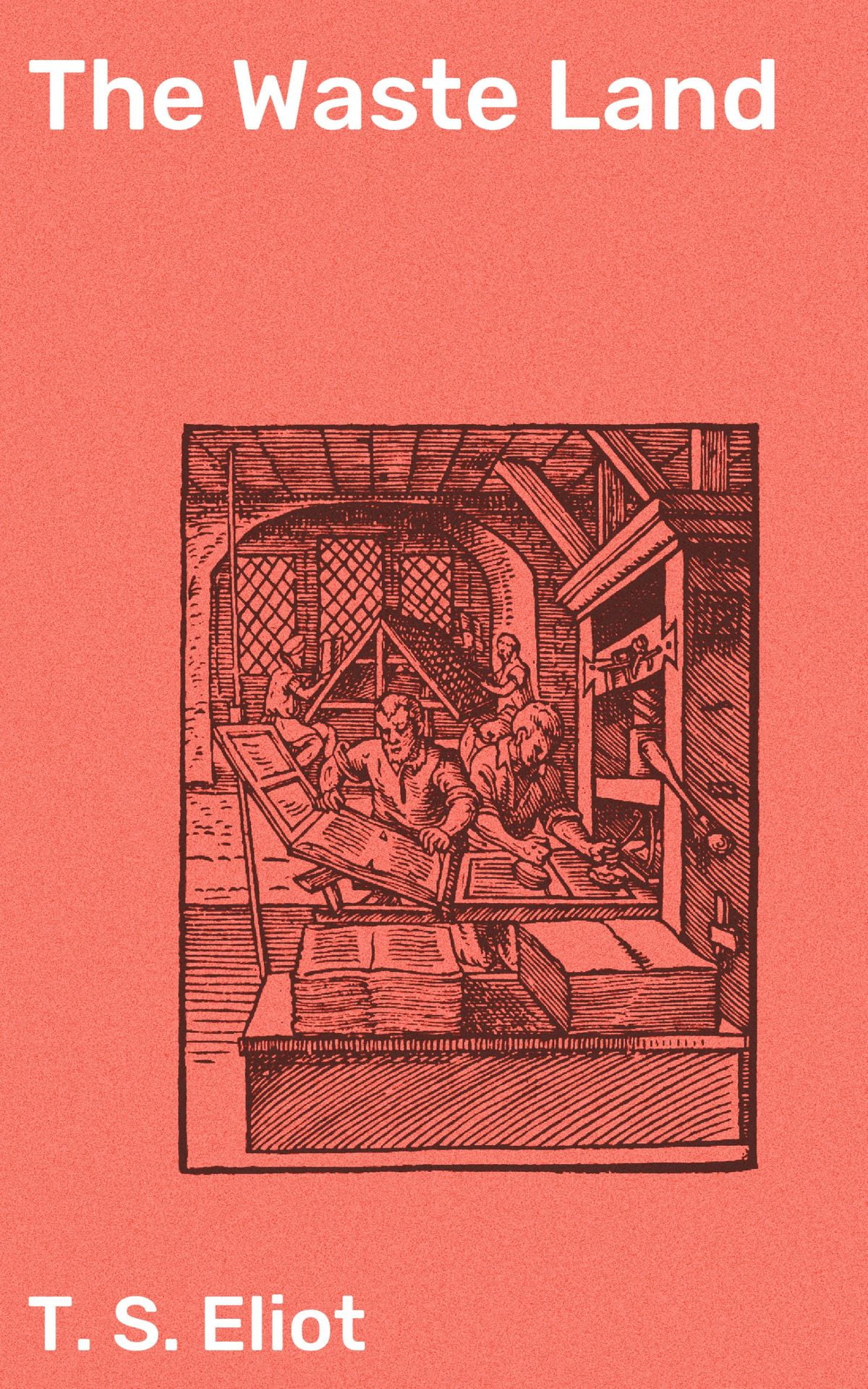

The first section, "The Burial of the Dead," introduces the diverse themes of disillusionment and despair. The poem's structure is divided into five sections. It was published in book form in December 1922.Īmong its famous phrases are "April is the cruellest month", "I will show you fear in a handful of dust", and the mantra in the Sanskrit language "Shantih shantih shantih". Published in 1922, the 434-line poem first appeared in the United Kingdom in the October issue of Eliot's The Criterion and in the United States in the November issue of The Dial. Eliot, widely regarded as one of the most important poems of the 20th century and a central work of modernist poetry.

So, for those of you struggling to get through the wordy, allusion-tastic, multiple-language maze that is The Waste Land, I can only tell you this: Relax and just enjoy the ride. Translation: in Eliot's eyes, we are all uncultured idiots, and he wouldn't have it any other way. He was interested in what a poem did, not what it said - in the resonances of the signifier, the lures of its music, the hauntings of its grains and textures, the subterranean workings of what one can only call the poem's unconscious." He was more of a primitivist than a sophisticate. In fact, he once claimed to have enjoyed reading Dante in the original even before he could understand Italian.In some ways a semi-literate would have been Eliot's ideal reader. It was form - the material stuff of language itself, its archaic resonances and tentacular roots - which mattered most to him. But he was also the kind of poet who put little store by erudite allusions, and professed himself quite content to have his poetry read by those who had little idea what it meant. "Eliot is often see as an intellectually difficult, fearfully elitist writer, and so in some ways he was. My Lit book, How to Read a Poem, said it best: Understanding Eliot's poems is not the point the point is to recognize that he writes with incredible skill and to just lose yourself in the words. Eliot has been quoted as saying he's perfectly aware that no one has any idea what his poems are about, and he's perfectly cool with that. But (and this is the great part) that doesn't matter. Does this mean I understand a single goddamn word of it? Of course not. Eliot: the man is ungodly brilliant and I love almost everything he's written. I'm trying to write a term paper on this poem (key word is "trying") and then I realized, hey, I should waste some time by writing a review of the poem on Goodreads! So here we are.


 0 kommentar(er)
0 kommentar(er)
